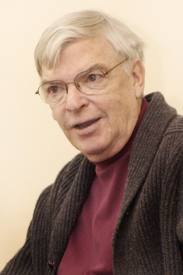Please Consider Joining Us For Irish Short Story Week Year Two March 12 to March 22
 List of Bram Stoker short stories-nearly 100
List of Bram Stoker short stories-nearly 100When we hear Bram Stoker (1847 to 1912-Dublin, Ireland) Dracula at once comes to mind, as well it should. However, Bram Stoker wrote in addition to Dracula over 100 short stories, all of which can be found online. Most of his short stories are in the Gothic horror genre (I have posted on two of them as well as Dracula and there is more background information on him in these posts.)
Professionally Stoker spent most of his life as a theatrical manager. He was director for twenty seven years of the Lyceum Theatre, in London, started in 1765, with a seating capacity of 2000. It was a very high prestige venue. I was very happy to find a short story by Stoker that was based on his experience working in the theater.
"A Star Trap" is a simple murder mystery about the killing of an actor. It is an interesting story for the behind the scenes look it gives us of life in the theater seen not from the point of view of the actors or playwrights but that of the stage hands who do all the behind the scenes work. The story is narrated by a young man just starting out as a stage hand specializing in building sets, called a "theatrical carpenter". The master carpenter is married to a very pretty much younger woman. The life of the theatrical people are very much wrapped up with others in the same world. There is always lots of gossip about who is cheating on who and which women are infatuated with the handsome actors.
This is a fun story though not a big mystery. It is for sure worth reading.
I downloaded a Kindle version of it from Manybooks, you can find a lot of Stoker's works there.
There are lots of horror and Gothic stories to pick from for Irish Short Stories Week Year Two.
Mel u























